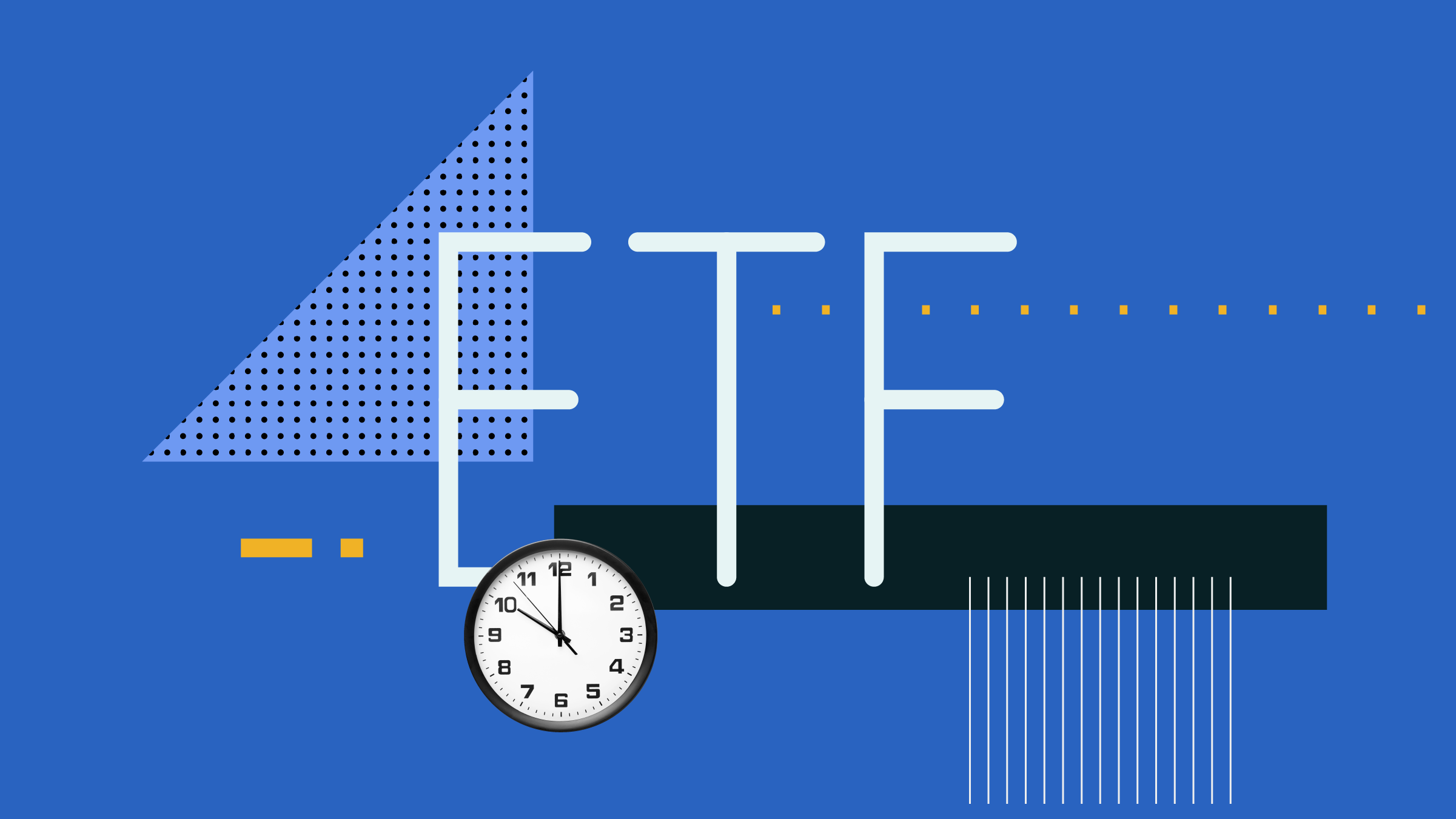Editor's note: This video was filmed during Morningstar's ETF Invest Conference held in Chicago in September 2014.
Sam Lee: Hi, I'm Sam Lee, ETF strategist with Morningstar, here at the Morningstar ETF Conference 2014.
Joining me today is Wes Gray, a Drexel University professor and founder of Alpha Architect, a quantitative investment firm.
Wes, thanks for being here.
Wes Gray: Sam, thanks for inviting me.
Lee: Wes, your firm is, and you yourself are, a strong proponent of quantitative, systematic investing strategies. Could you explain what that means and why this is your preferred approach?
Gray: Unlike typical quantitative managers, where you think about black box, mathematical witchcraft, we're a little bit different. We're basically fundamental investors who use quantitative tools to minimize our behavioral bias. If you ever dive into the stacks of academic research from psychology that actually examines the performance of simple, rules-based models relative to overpaid experts, the evidence is very clear that simple, rules-based models beat experts about 90% of the time.
We are humbled by that evidence, and we've chosen to implement it as part of our investment process.
Lee: Could you describe a strategy that you've used? You call it the Quantitative Value Strategy, I believe.
Gray: The strategy, the book's title, Quantitative Value, is exactly this sort of idea. We take the book Security Analysis and Ben Graham's great ideas about the value investment philosophy-- we love all that stuff. We've used a computer to basically automate a lot of the lessons learned from that literature. Instead of having a human analyst do all that work, we have our computer do it, because we like the idea of being rules-based and systematic.
We don't ever call up a CEO, and he tells us, "Yeah, my firm is amazing; we're going to knock the cover off earnings." But he is suffering from overconfidence, and we're now insider-trading, doing illegal stuff. We don't want to be in that business at all; we don't like it. We think it's dirty, and we just don't think it works.
We're fundamental guys using systematic tools to get the job done.
Lee: From your book, it seems like your strategy is very concentrated. It's very different from other systematic trading strategies. Could you explain that?
Gray: The basic process intuitively is pretty simple. Initially we use forensic accounting tools to identify manipulators, frauds, or potentially bankrupt firms, and there is a lot of academic literature about how to do this. That's stage one--pull out firms that are potentially just bad companies.
Stage two is get to the cheap stuff as quickly as possible. You want to be in the margin of safety garbage bin because that's where you're most likely to find things that are just cheap for probably a bad reason. Once we've identified these cheap firms, we then use good old-fashioned financial statement analysis to separate them into winners--or what we think are winners--and losers, by just looking at a variety of quality metrics.
And then the final stage--which actually isn't in the book, but we've been doing a lot of research on since the book came out a few years ago--is this concept of sentiment. We want to buy cheap, high-quality firms that Wall Street hates. The irony is that cheap high-quality firms as a whole are really good, but if you can get bad sentiment from Wall Street, that's even better, because now you are like that the uber-contrarian of the contrarians.
And then we have chosen to be very concentrated, because we don't like this idea that … you have a system that you spend years of research on, you really believe in it, and sure it has a lot of tracking error, and sure it's going to underperform over probably long stretches of time, but if you want to bet on an edge, you don't bet on an edge by "diworsifying" it across 500 stocks. As Charlie Munger says, this idea of excess diversification is complete madness. If you have an edge, bet it with high conviction, don't "diworsify" it because you're afraid of tracking error. We're not afraid of tracking error.
Lee: From my understanding, you have an ETF in registration that will follow this ultra-concentrated contrarian strategy.
Gray: Exactly. We want to deliver what we call affordable active alpha to the marketplace, which is basically high conviction, high performance, but at an affordable cost. We don't want to be charging hedge fund or crazy mutual fund fees. We're going to deliver this quantitative value strategy in the mid/large-cap size range via this active ETF vehicle.
Lee: For investors who can't invest in your ETF or your strategy, what do you suggest in general? What kind of ETFs or what kind of funds should they look for?
Gray: We consult for huge family offices, so we're always on the investor side as well. We have this framework called "the facts." In general, before you even think about looking at different investments out there, focus on the facts. What are the fees? Get them low. What is the access to your capital? A hedge fund sounds really cool, until you're locked up for five years. So, understand your liquidity. Know the complexity. Most of the time, complexity does not equal value. It equals a great sales pitch, but not necessarily value. So, usually things that are really complex, I run the opposite way, because I know it's probably a bunch of bunk.
Then the other things are taxes. For individual investors, taxes are so important, it's not even funny. Even if you have the best alpha-generating strategy in the world that makes, let's say, 20% a year, if you pay 50% to Uncle Sam, you now have 10%. You would have been better off just buying the Vanguard S&P 500 fund, because it defers those taxes forever, and you would have a lot less brain damage [than you got] by going down the complicated path.
So, focus on fees, access to your capital, try to minimize complexity, and try to tax-manage as best as you can. And there is an "S" in there called search, but for individual investors who are not doing due diligence on hundreds of managers, it's probably not as relevant.



















